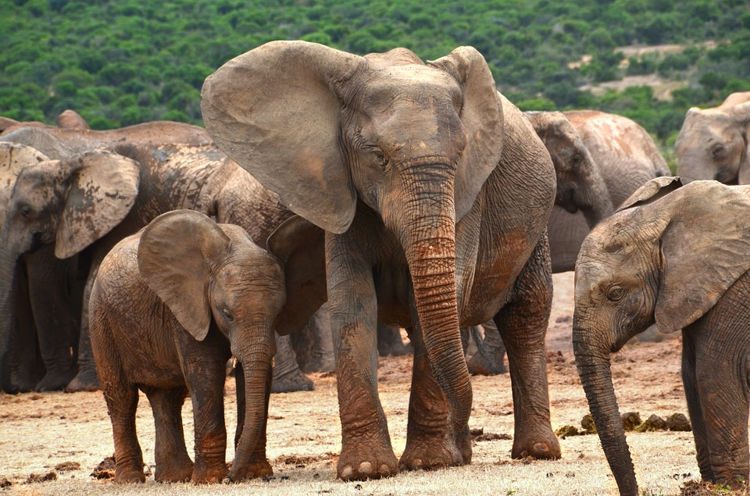Zimbabwean Hunter Who Killer Over 5,000 Elephants Declares Himself “Totally Unrepentant”

Ron Thompson, a Zimbabwean hunter who killed over 5,000 elephants, hundreds of buffaloes and “many more” wild animals in his 50-year career, recently declared himself “totally unrepentant” about his resume, claiming that it’s conservationists who are the problem. The 77-year-old retired hunter recently sat down with English newspaper The Independent and said that he was […]
Africa’s Honey Fences – Using Beehives to Keep Elephants at Bay
Thanks to zoologist Dr Lucy King, farmers in rural Africa no longer need to worry about elephants wrecking their fields. Through ‘The Elephants and Bees Project’, she introduced the concept of honey fences – a low cost, organic solution that employs beehives suspended several meters apart to keep pachyderms away. The fences are essentially gifts that […]
Indian “Lady Tarzan” Talks to Elephants and They Listen

14-year-old Nirmala Toppo is the heroine of Rourkela, an industrial city located in the Indian state of Odisha, after she talked the elephants that had invaded the settlement into returning to the forest. The Catholic girl from Jharkland claims she began talking to elephants after her mother was killed by some pachyderms. “I then decided […]
World’s Most Expensive Coffee Is Made from Elephant Dung

You probably didn’t know this, but the world’s most expensive coffee is pretty crappy, literally. Black Ivory coffee is made from beans eaten and digested by Thai elephants, and is priced at $1,100 per kilogram. Enjoy! I knew elephants in Thailand were good at painting, but I didn’t know they also make great coffee. The rare Black […]
Only in Africa – Elephants Calmly Walk through Hotel Lobby

What would your reaction be if were to check into this hotel in Zambia and encountered this enormous and possibly dangerous African elephant in the lobby? This is what happens when people get in the way between an elephant and his favorite snack and the owners of the luxurious Mfuwe Lodge in Zambia found this […]
